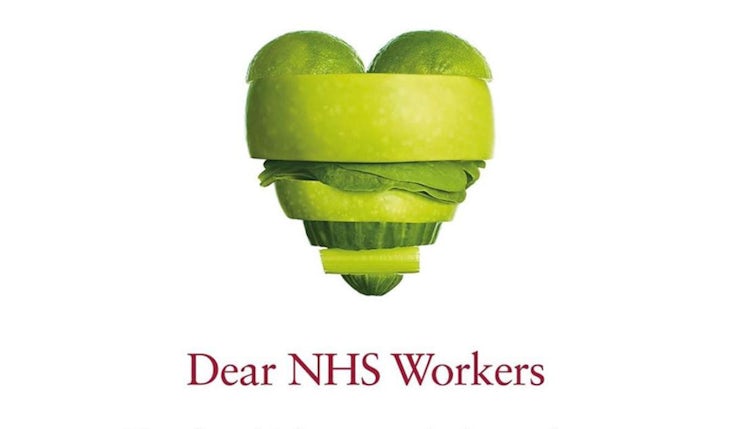Put social impact in your annual plan
As businesses plan for next year, they should think about how they can make the world a better place as well as make money.
 Now is the season when we are all finalising our strategy for next year. I have always struggled with the task. I resist crossing the ‘t’s and dotting the ‘i’s, feeling it is too early, complaining that I can’t possibly know what clients/ customers/consumers (tick all that apply) will want next month, let alone next year.
Now is the season when we are all finalising our strategy for next year. I have always struggled with the task. I resist crossing the ‘t’s and dotting the ‘i’s, feeling it is too early, complaining that I can’t possibly know what clients/ customers/consumers (tick all that apply) will want next month, let alone next year.
Every year is a bit of a struggle. This year it feels like a Herculean task. Nothing feels certain. What will the new ‘lockdown’ regime look like? Another national one? Lots of local ones? Will we be on a (circuit) break? What will happen to the economy? How many people will be out of work? How many more lives will the virus claim? And that is before you start thinking about the impact of our new post-Brexit relationship with the EU, whatever it might be.
If 2020 has been a tough year, 2021 will be as tough, if not tougher. So how can you plan for it? What can you be certain of?
Of course, the first thing is that Covid-19 will still be with us. At some point it will move from being an epidemic to being endemic; we will be living with it for a while yet.
There are three other certainties for next year, which I think we all need to bake into our 2021 strategies. The first is that the pace of technology change will not diminish, indeed it will be fuelled by the impact of the virus. Businesses that do not invest in the right technology – and, as importantly, in the skills needed to make that technology work effectively – will, simply put, fare less well than those that do.
To be fair, choosing technology is hardly insightful. It is a bit of a rollover pick; it has been in the top 10 of predictions for the future of business since the dawn of the Industrial Revolution. More recent arrivals into the charts are sustainability and equality. For me these are very much two sides of the same coin: an organisation’s impacts on the planet and on people.
I know people like me have been banging on about both these issues for some time now and some businesses have taken them seriously, developing robust plans about how they might tackle one or both. But far too many businesses have barely bothered, beyond warm words on a website or the odd celebratory tweet or Instagram post.
But I firmly believe that shallow responses will no longer cut the mustard. Greta Thunberg and Black Lives Matter are real and are not going away. Increasing numbers of consumers, employees, political stakeholders and investors want to know what businesses are doing in this space. Invariably they will be left feeling it’s not enough.
Organisations that want to be relevant, that want to flourish, that want to keep doing business need to have well thought-out strategies for reducing their negative impact on the planet and for increasing equality among their workforce and the communities in which they operate.
Yes, these are huge topics and I have no desire to overwhelm. But there is no need to boil the ocean. Prioritise a few relevant areas on which to focus, set ambitious and realistic targets with dates attached to them, and tell people. These issues are too important to go unmonitored and unreported.
So where do you focus? For sustainability, it will be very much dependent on what you do and the scale of your business. For equality, think about representation, recruitment, reward and recognition in your organisation. Where are you weakest? What are you doing to create a culture of belonging?
Marketers should be asking themselves how women, people of colour, disabled people and other underrepresented groups are represented in our advertising: are they present at all, do they have primary role? How are we treating our brand ambassadors from underrepresented groups? Are we paying them fairly? Are we allowing them to be their authentic selves? Have we re-shot an ad frame-for-frame to eliminate all the black faces?
We are near the end of Black History Month. Lots of brands have acknowledged it, doing interesting things in the workplace and on social. Just as I say about International Women’s Day, I am delighted you are celebrating it. But if all you are doing is putting up poster, posting a photo on social or hosting a talk then please stop. I want to see brands taking action, making a long-term commitment to have a better impact.
I am not a complete idiot: I know that making the world a better place is not the primary motivator for most businesses. Commercial organisations need to make money. But I do think that if you can’t do so without exploiting people or destroying the planet then maybe you need to review your business model.







